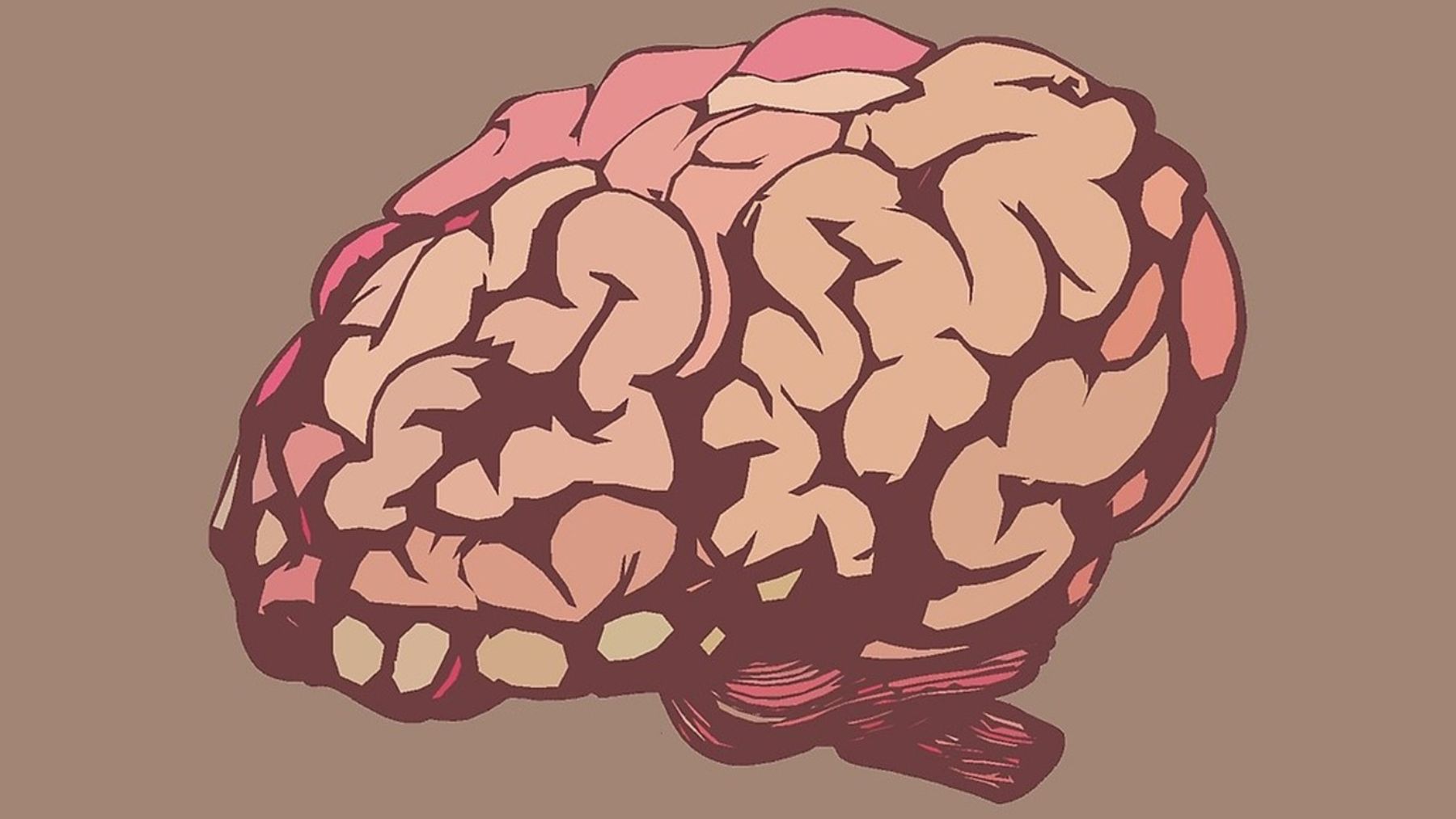When it comes to keeping your brain healthy, the usual advice is clear: eat a balanced diet, get enough sleep, and stay active. But according to Dr. Richard Restak, a clinical professor of neurology at The George Washington University School of Medicine, there’s one more critical piece to the puzzle and most people overlook it.
Dr. Restak, an expert on memory and the author of more than 20 books, including The Complete Guide to Memory: The Science of Strengthening Your Mind, has spent decades studying how to maintain cognitive health. At 82, he continues to write, learn, and engage in practices that keep his mind sharp. His approach is rooted in science, and he’s developed practical techniques to help others preserve their mental agility.
The danger of boredom
What’s the habit you should avoid to keep your memory in top shape? Dr. Restak has one clear answer: don’t let boredom take over. Staying mentally active is essential for maintaining memory and overall brain health. According to him, boredom can lead to a decline in cognitive function. The brain thrives on challenges and stimulation, and when it doesn’t get enough, it can start to stagnate.
To combat boredom, Dr. Restak suggests engaging in activities that challenge your mind while also being enjoyable. “I learn new words, practice memory exercises, and make them fun”, he explains. For instance, he’s currently working on another book and already has plans for the next one. This kind of ongoing engagement keeps his mind sharp.
A simple memory exercise to try
One of Dr. Restak’s favorite techniques is a memory exercise he practices during his morning walks:
- He begins by writing down a list of 10 words before leaving the house.
- Throughout his walk, he memorizes the list, aiming to recall all the words by the time he returns.
But how does he make it stick? “Our most prominent way of remembering something is to turn it into an image“, he explains. He also ties the words into a story, as storytelling is an effective way to enhance memory. “We like to hear stories. We like to tell stories. So we’ll remember the story”.
For example, one word on his list was “yo-yo.” To remember it, he imagined a yo-yo giving a lecture in Chico, California, home to the National Yo-Yo Museum. This vivid mental image helped anchor the word in his memory. Exercises like this not only make the process enjoyable but also stimulate different areas of the brain.
Keep your brain challenged
The key takeaway from Dr. Restak’s approach is to stay mentally engaged and curious. Whether it’s learning a new skill, solving puzzles, or simply challenging yourself with daily memory games, the goal is to keep your brain active and avoid falling into repetitive, unstimulating routines. By introducing new activities and setting mental goals, you can create the kind of stimulation that promotes cognitive health and keeps your memory strong.
Remember that your brain is like a muscle: it needs regular exercise to stay strong. While physical activity, good nutrition, and proper sleep are foundational, avoiding boredom and seeking mental challenges are equally important. Engaging in stimulating activities can make all the difference when it comes to preserving your memory and keeping your mind sharp as you age.

